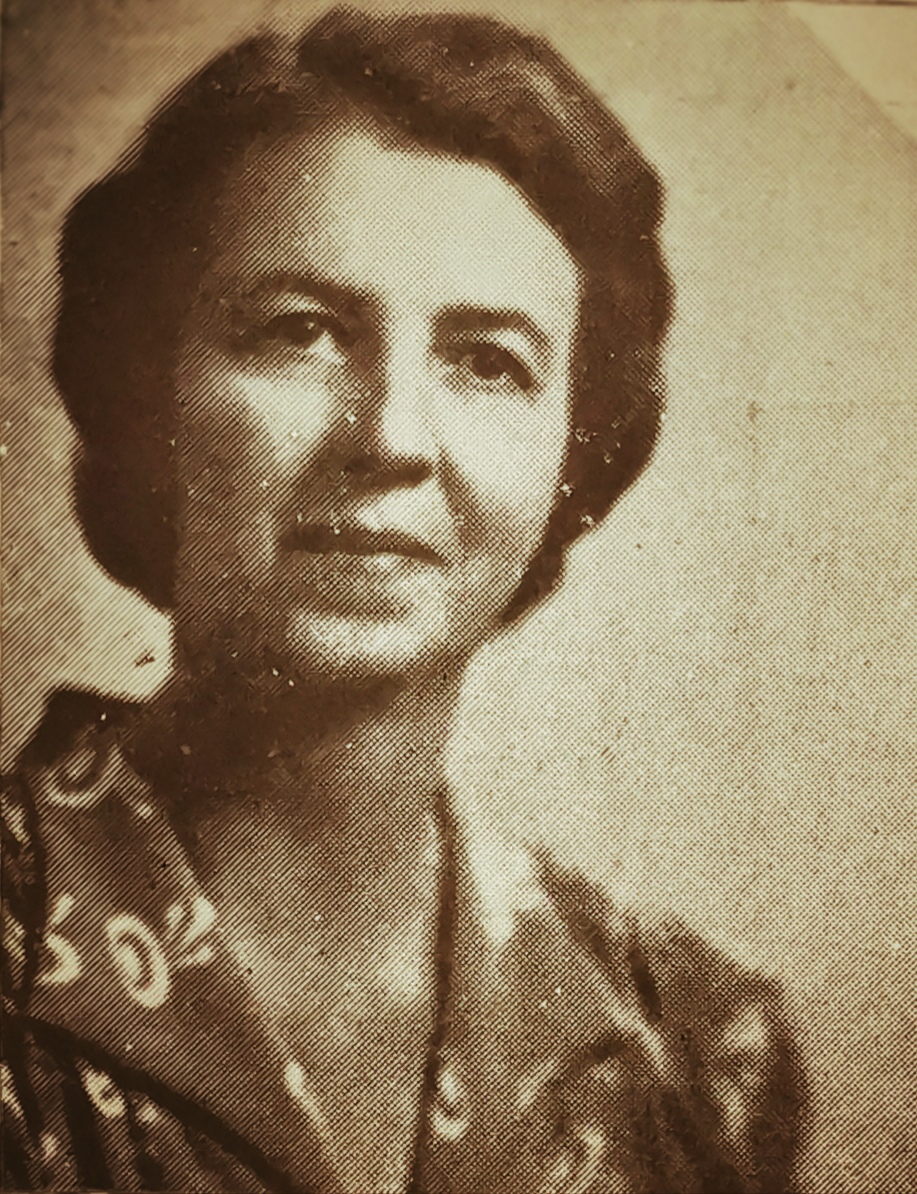By Francis Neil G. Jalando-on

Social media nowadays has a feature which shows your “memories” or enable you to “rediscover your day.” This is because we love to dwell on the fond memories that we have. Along this vein, Central Philippine College President, Rev. Joseph Morris Forbes, wrote to Centralians in 1949, “As one of your teachers and counsellors, I hope and trust that you are happy in your memories… But I hope that they are not too satisfying. Those who do not have some inter-mixture of disappointment in their memories will never press on to a higher achievement. As true Centralians, you consider life as an ascending pathway; thus, tomorrow must be better than today.
Rev. Forbes became Acting President of Central Philippine College on September 19, 1947. He handled the tremendous job of rehabilitation, reorganization and administration. He also taught philosophy, the subject nearest to his heart; English; sociology; education; and Bible. As a pastor, he emphasized the Christian education that Central offers. He said, “There is a great place for the kind of Christian education that is being offered here at Central. More and more, the Philippine government will need good Christian leaders of faith and integrity.”
As we face a world today in which success is sometimes defined by the amount of material resources that we have, we have to be reminded of the words of Paul in 1 Timothy 6:10 that says, “For the love of money is a root of all kinds of evil. Some people, eager for money, have wandered from the faith and pierced themselves with many griefs.”
In the same manner, Central Philippine College President, Rev. Joseph Morris Forbes, wrote to the class of 1950, “May every sacrifice that your parents and you have made bear some very real fruitage in providing you a means of success, and as Centralians, you know success to be measured in terms of spiritual values, rather than in material emoluments.”
However, Rev. Forbes was not just a philosopher. He was also “a doer, an indefatigable worker, a man of action.” The 1955 CPU Golden Book of Remembrance says this about him: “He would often be seen not only directing, but also working with the road workers. He was just as friendly with them as with the faculty and students. When walking the campus, he can be seen setting a stone in its right place or pulling out some unsightly weed or picking up pieces of paper. Rev. Forbes bending over a hoe, or carrying some stray piece of lumber or scrap iron, or pushing the lawnmower, was a common sight.”
All throughout these years, Centralians from 1905 up to the present, are challenged to excel in every endeavour that they face, and to become exemplary in their actions. Rev. Forbes has left us a challenge to make a lasting mark in this world—“As Centralians, each of you must make a worthy achievement in the realms of service to our present day community life. The College program has endeavoured to make you aware of the standards of Christian citizenship in a deeply troubled world. It has sought to inspire you to commit your life to that valiant struggle for a world of justice and brotherhood (sisterhood).”
(References: Centralite 1949, 1950, Golden Jubilee Year 1905-1955 Souvenir Program)
